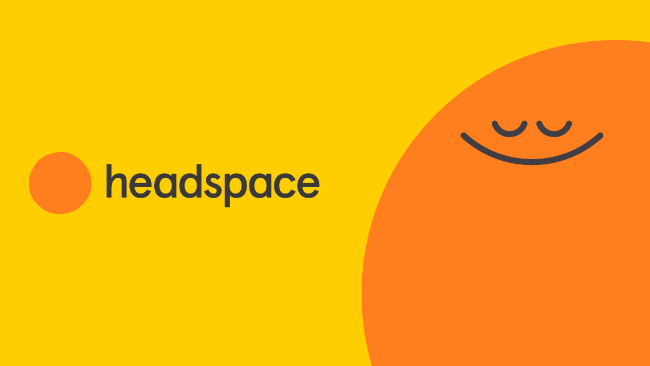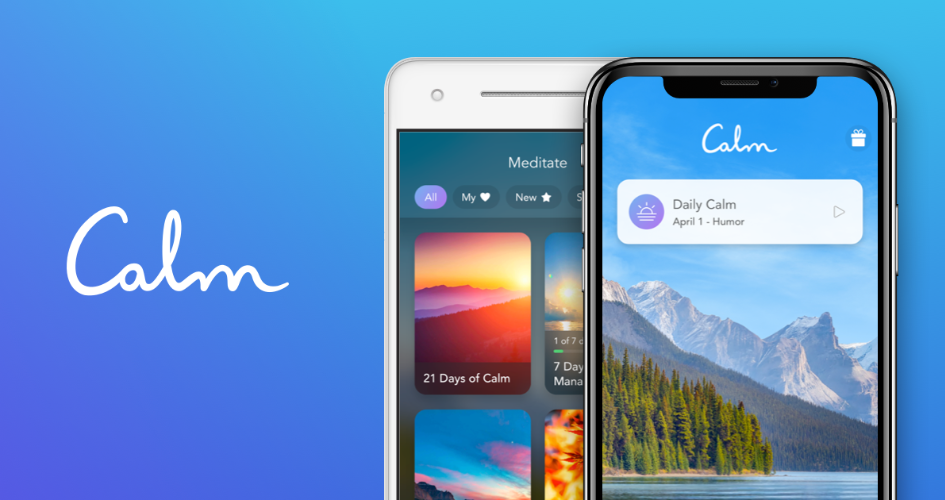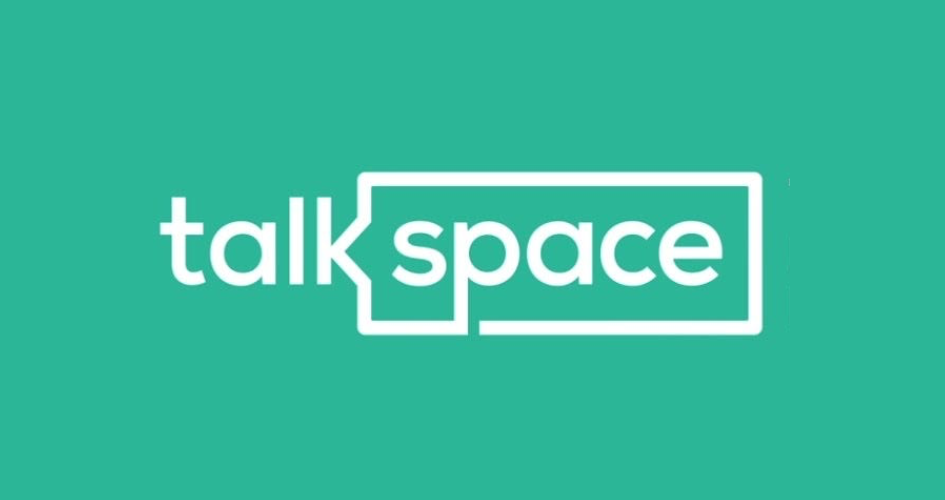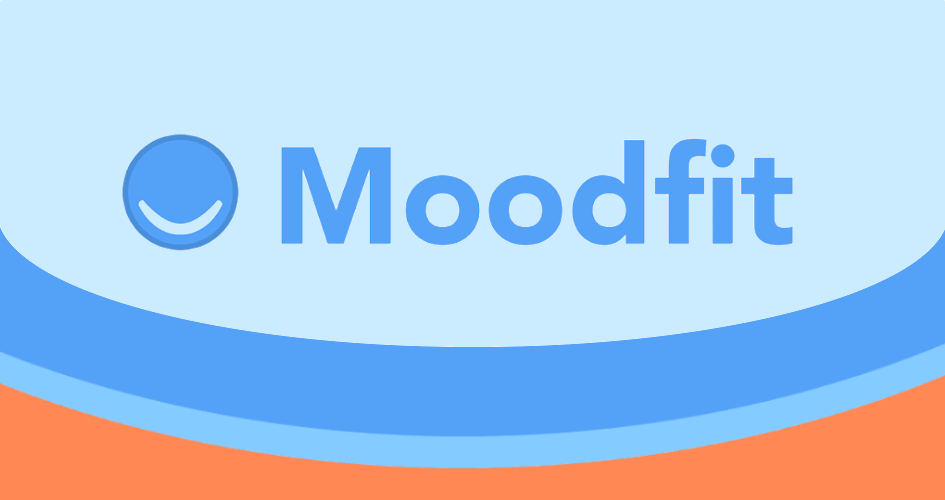Understanding the Need for Mental Health Apps

Headspace is renowned for its user-friendly meditation and mindfulness tools. It offers a range of features that cater to beginners and experienced users alike, enhancing overall mental wellbeing.

Calm focuses on relaxation and sleep, providing guided meditations, sleep stories, and breathing exercises. Its serene interface and diverse content make it a favorite among users seeking stress relief and better sleep quality.

Talkspace revolutionizes therapy by providing online access to licensed therapists. It’s an excellent option for those seeking professional help in a more flexible and accessible format.

Moodfit is designed to help users understand and improve their mood. It offers mood tracking, cognitive behavioral therapy (CBT) techniques, and personalized insights.

Sanvello provides clinically validated techniques for stress, anxiety, and depression. It offers self-care tools, peer support, and coaching, making it a comprehensive mental health resource.
